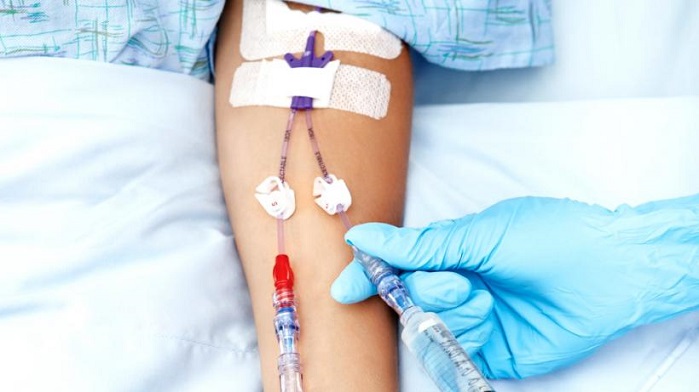Most euthanasia victims in Belgium are not organ donors, and some doctors see a problem with that.
In an article published this month in the Journal of the American Medical Association (JAMA), a group of research doctors from Belgium and the Netherlands argued for taking organs from euthanasia victims in their countries.
Euthanasia is legal in Belgium and the Netherlands, and LifeNews has reported several frightening cases where individuals appear to have been euthanized without their consent. Earlier this year, news broke that a woman fought against being euthanized and had to be held down by her family while the doctor killed her.
According to the JAMA article, 2,023 people were killed by euthanasia in 2015 in Belgium. In that same year, there were 1,288 people on the organ transplantation waiting list.
The researchers argued that if more of the euthanasia “patients” had donated their organs, there would be more organs available to help people still alive.
“Donation after euthanasia could potentially help ease the shortage of organs for transplantation,” the researchers wrote.
Here’s more from the International Business Times:
The study calculates that about 10% of people who choose euthanasia could donate at least one healthy organ. This figure excluded patients who were over the age limit for donating certain organs, people whose organs were affected by their condition, and those who had infectious diseases such as HIV. The remaining people who went through euthanasia could have donated a total of 684 healthy organs, the authors say.
Euthanasia victims who also choose to be organ donors are very rare. According to IBT, only 43 euthanasia victims in Belgium have ever donated organs.
The researchers said organ donation should be voluntary and free from coercion; but many fear that organ harvesting will lead to even more coercion and abuse of an already vulnerable population.
Keep up with the latest pro-life news and information on Twitter. Follow @LifeNewsHQ
Julian Savulescu, director of the practical ethics program at the University of Oxford, admitted as much to IBT even while advocating for more organ donations among those who choose euthanasia.
“People are worried that if you combine these two practices it could be that people are coerced into using euthanasia as a source of organs or perhaps even kill people against their will to save younger or healthier people,” Savulescu said.
He argued that one ethical solution would be to keep organ donation and euthanasia as separate practices with separate doctors advising and performing each procedure.
But euthanasia itself is widely considered unethical. Under the practice, some human beings are considered to be better off dead than alive. Some individuals are dissuaded from suicide, while others are encouraged to kill themselves. The harvesting of organs just adds to this dangerous line of thinking by saying killing some human beings to save others is a good thing.
Euthanasia is a deadly, discriminatory practice. Those who are sick, elderly, those struggling mentally or physically deserve to know that their lives are more valuable than their organs.








